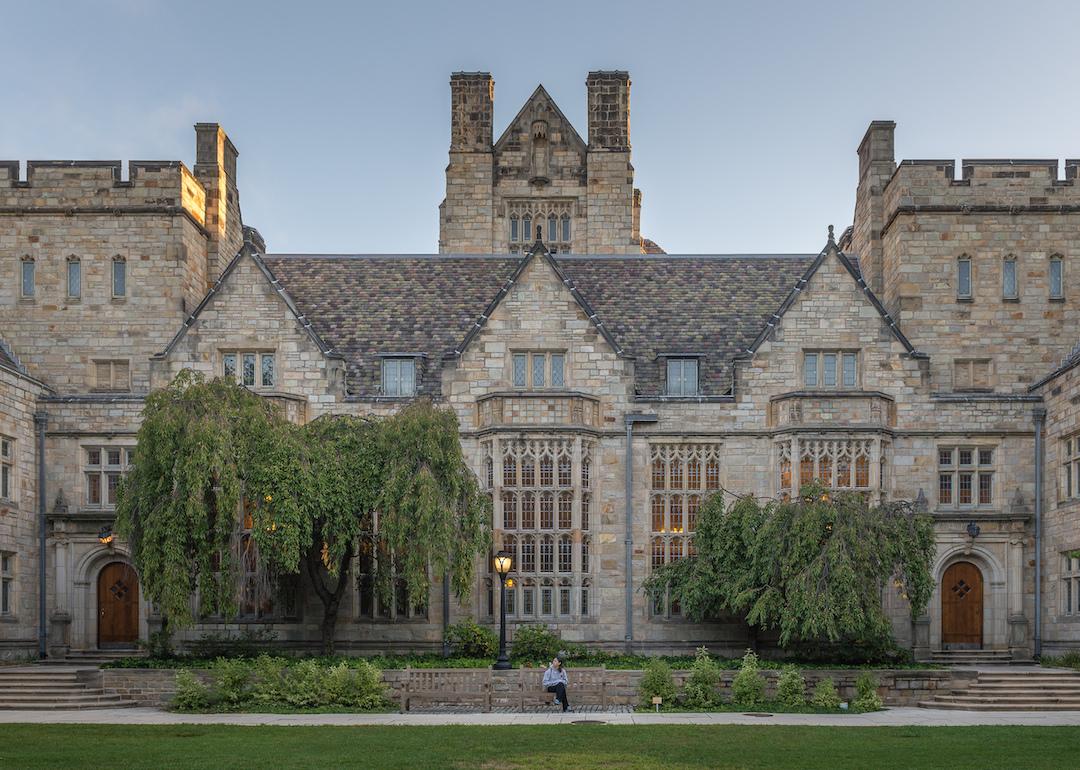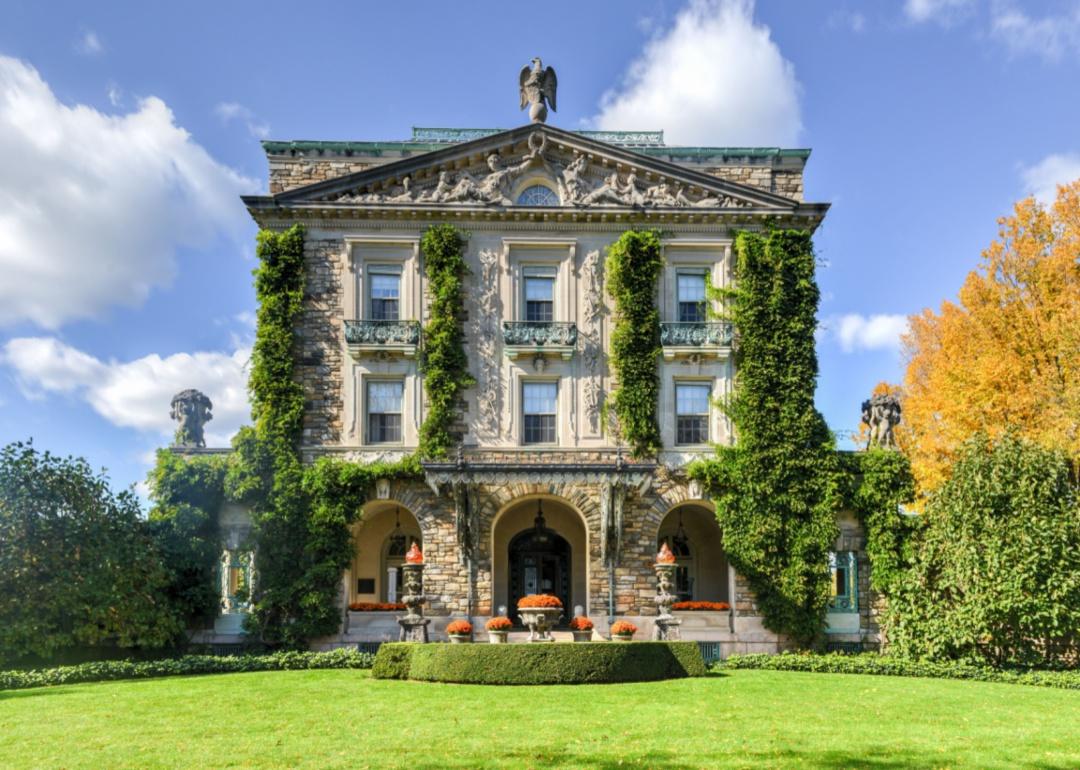
Counties with the most prewar homes in North Carolina
This story originally appeared on Rocket Homes and was produced and distributed in partnership with Stacker Studio.
Counties with the most prewar homes in North Carolina
Many people love the idea of owning a vintage home and preserving a piece of history. But what are your actual chances of finding one in today's market?
Vintage homes date back to the prewar era, meaning they were built before World War II. Houses in this era can come in a variety of architectural styles, which also vary with the age of a city or county, as well as what was in vogue at the time it was built. Prewar home styles include Colonial, Tudor, Georgian, Cape Cod, Georgian, Victorian, Edwardian, Craftsman, and Art Deco.
Depending on where you want to live, it can be difficult to find a prewar home. About 11% of occupied homes in the U.S. were built before 1939. That said, older homes are easier to find on the East Coast, as it was the part of the country that had the first settlers. Many places on the East Coast also have large concentrations of prewar homes because there's not as much land available for development to build new homes.
But that doesn't mean you can't find prewar homes in the rest of the country. In every state, there's someplace like San Francisco with its colorful Victorian homes, or New Orleans with its mix of European influences.
As part of a national analysis, Rocket Homes examined Census Bureau data to find which county has the most prewar homes in North Carolina, calculated by dividing the number of homes built before 1939 by all occupied housing units in that county. For this analysis, "prewar" refers to homes built in 1939 or earlier, based on how the Census Bureau collects data.
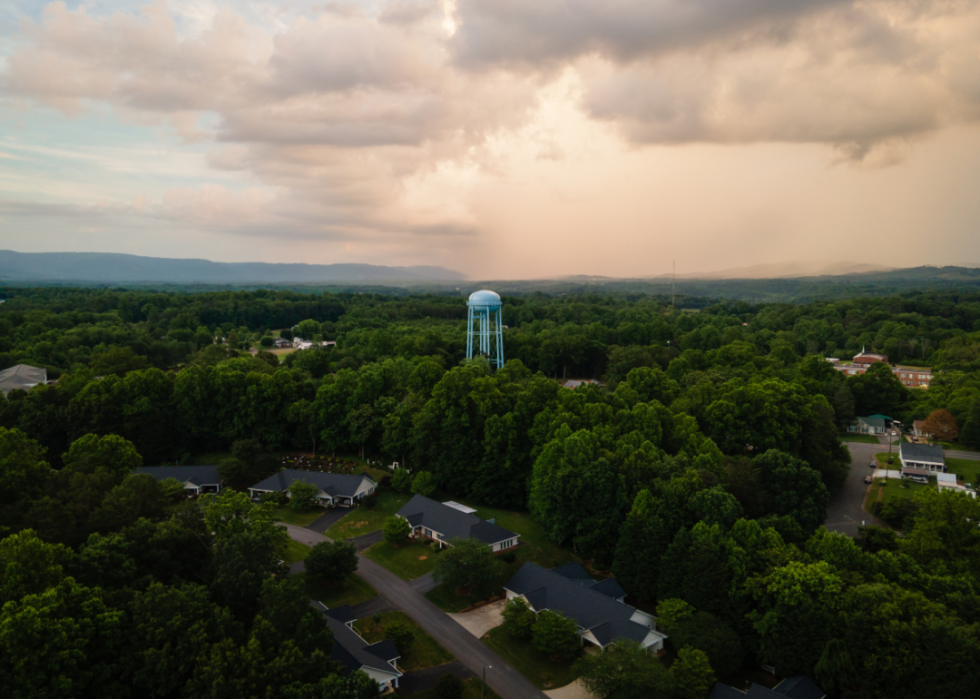
#20. Surry County
- Share of homes built prewar: 8.2%
- Total prewar homes: 2,359
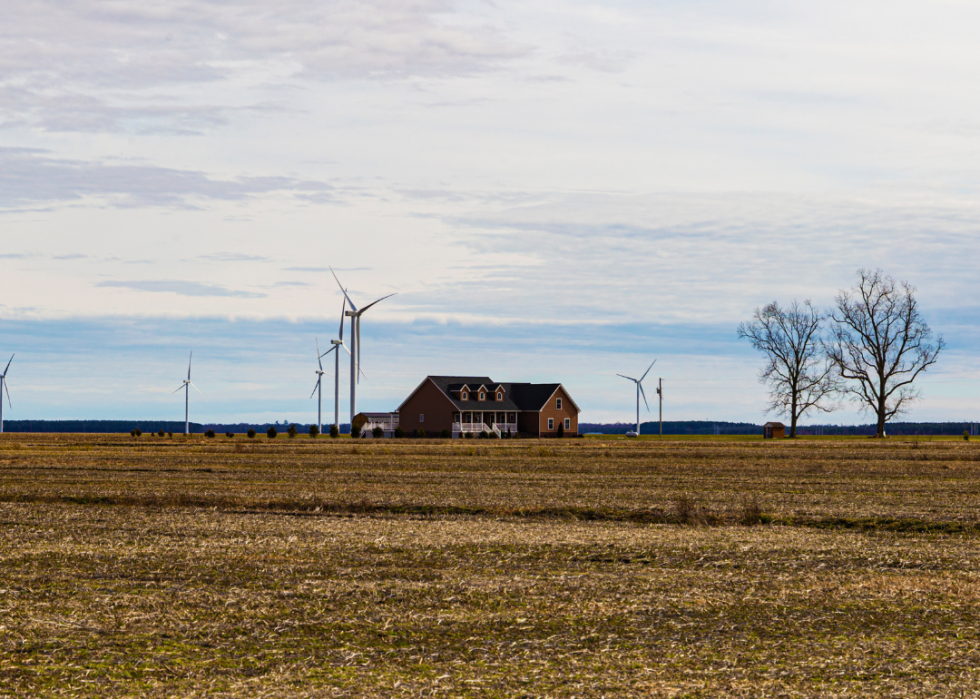
#19. Camden County
- Share of homes built prewar: 8.3%
- Total prewar homes: 316

#18. Gates County
- Share of homes built prewar: 8.4%
- Total prewar homes: 347
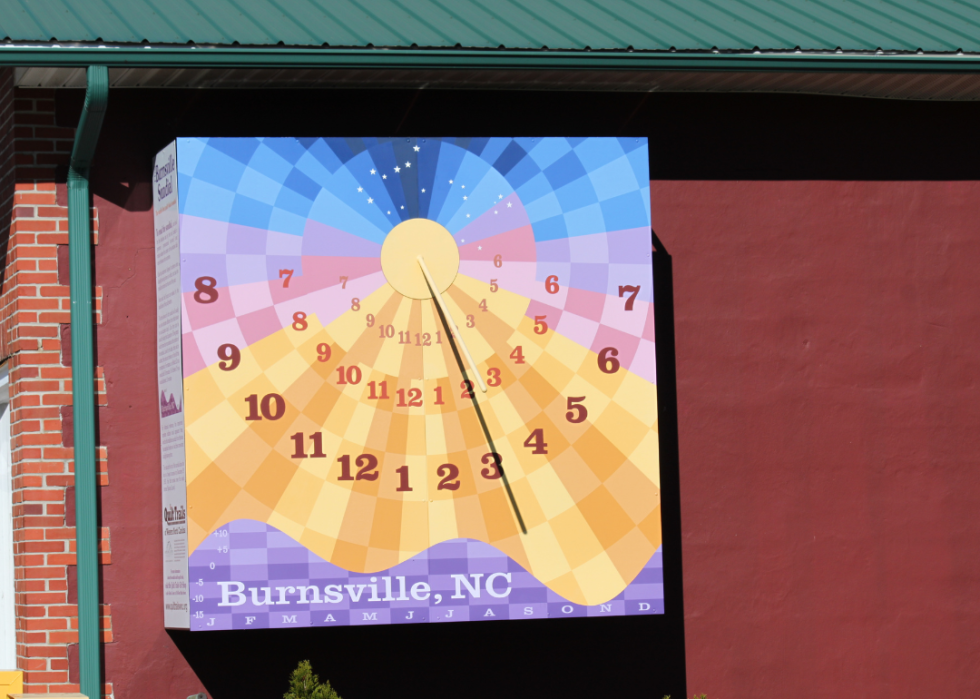
#17. Yancey County
- Share of homes built prewar: 8.5%
- Total prewar homes: 646
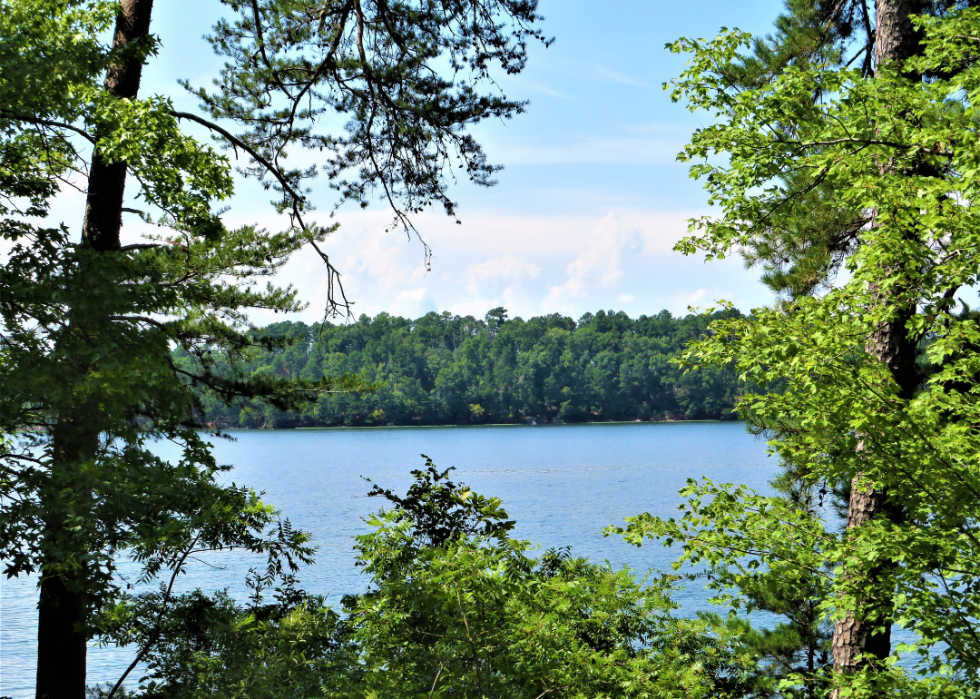
#16. Montgomery County
- Share of homes built prewar: 8.6%
- Total prewar homes: 786
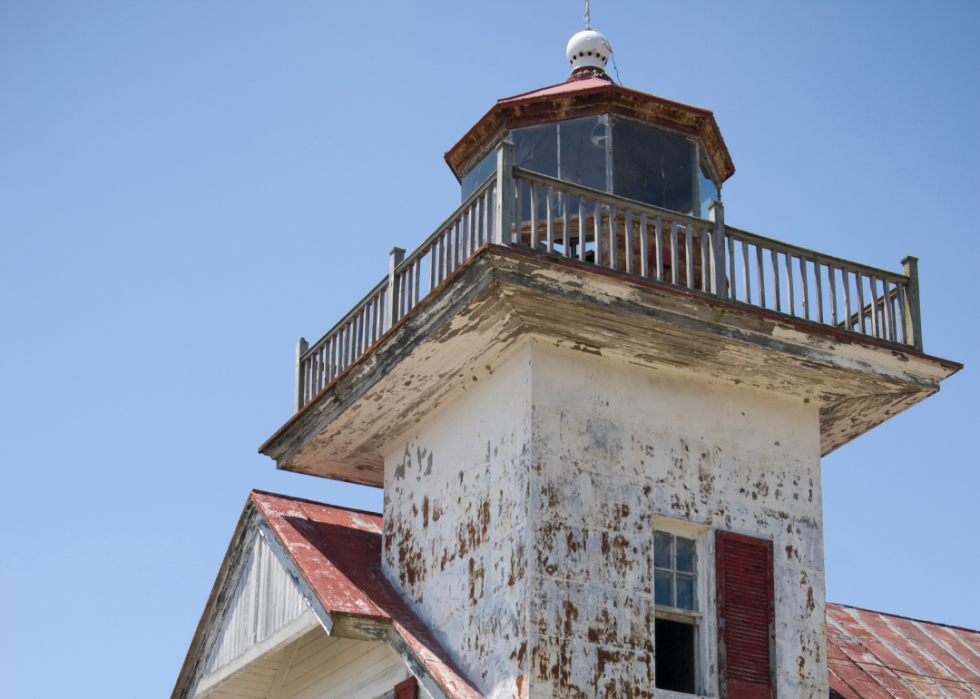
#15. Chowan County
- Share of homes built prewar: 8.6%
- Total prewar homes: 541
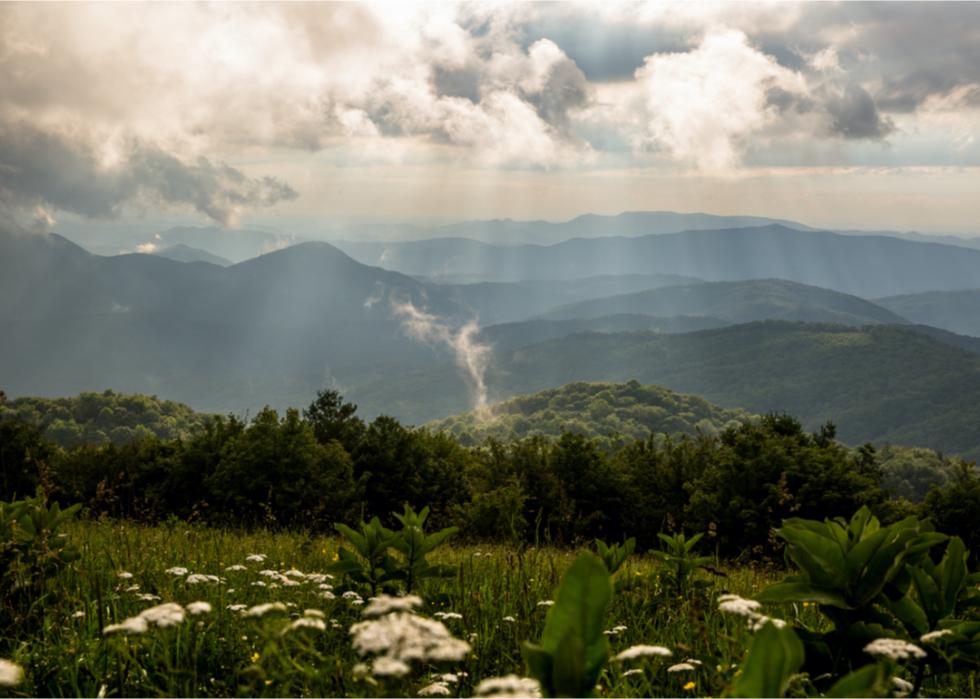
#14. Madison County
- Share of homes built prewar: 8.7%
- Total prewar homes: 722
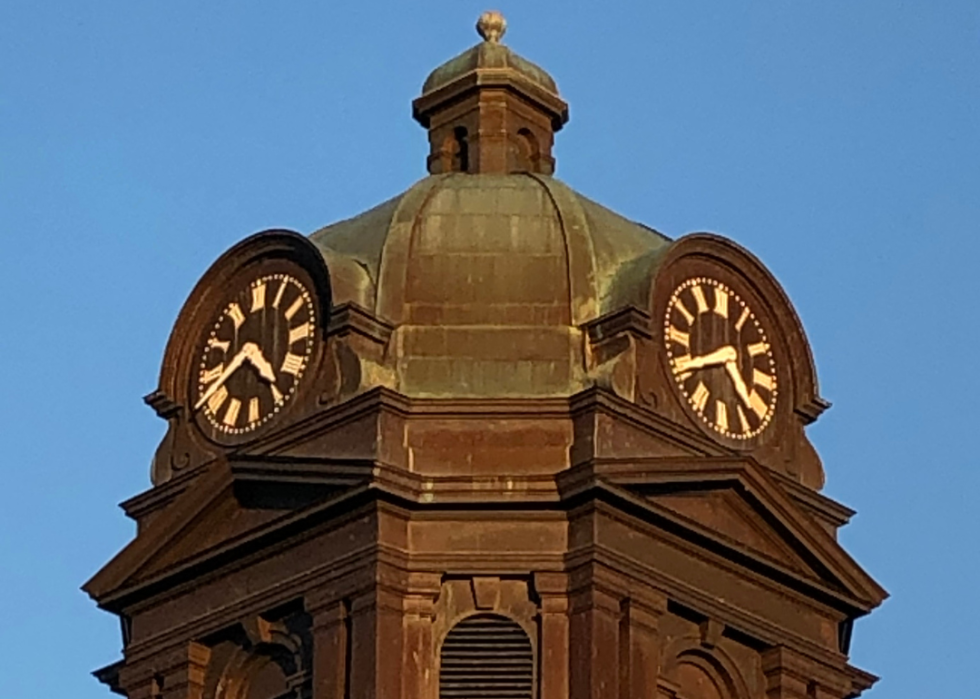
#13. Halifax County
- Share of homes built prewar: 8.8%
- Total prewar homes: 1,771

#12. Polk County
- Share of homes built prewar: 9.0%
- Total prewar homes: 771
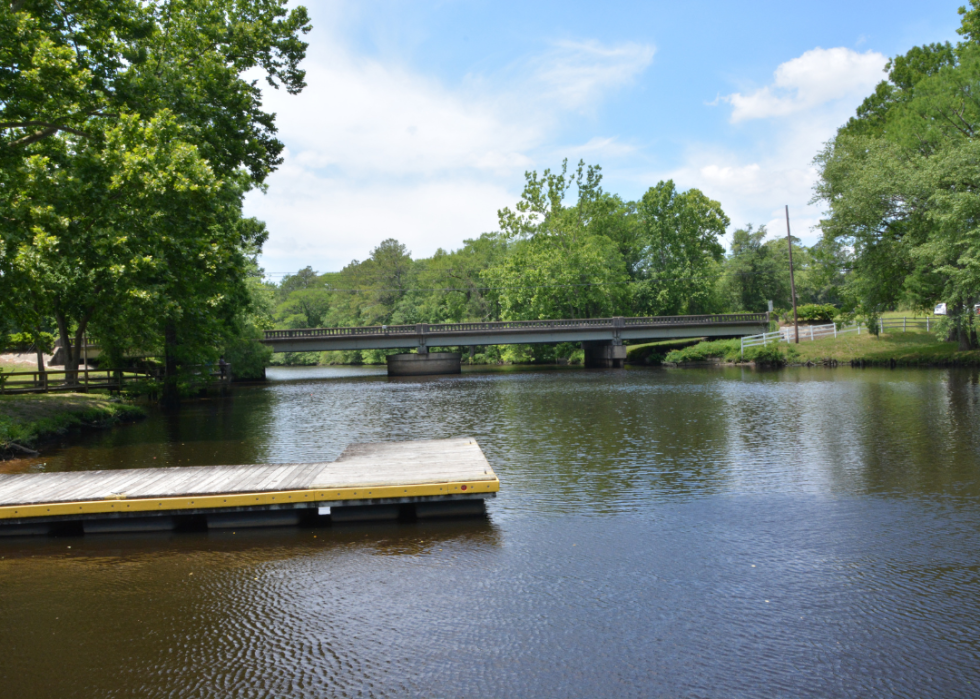
#11. Jones County
- Share of homes built prewar: 9.0%
- Total prewar homes: 339

#10. Hyde County
- Share of homes built prewar: 9.1%
- Total prewar homes: 181
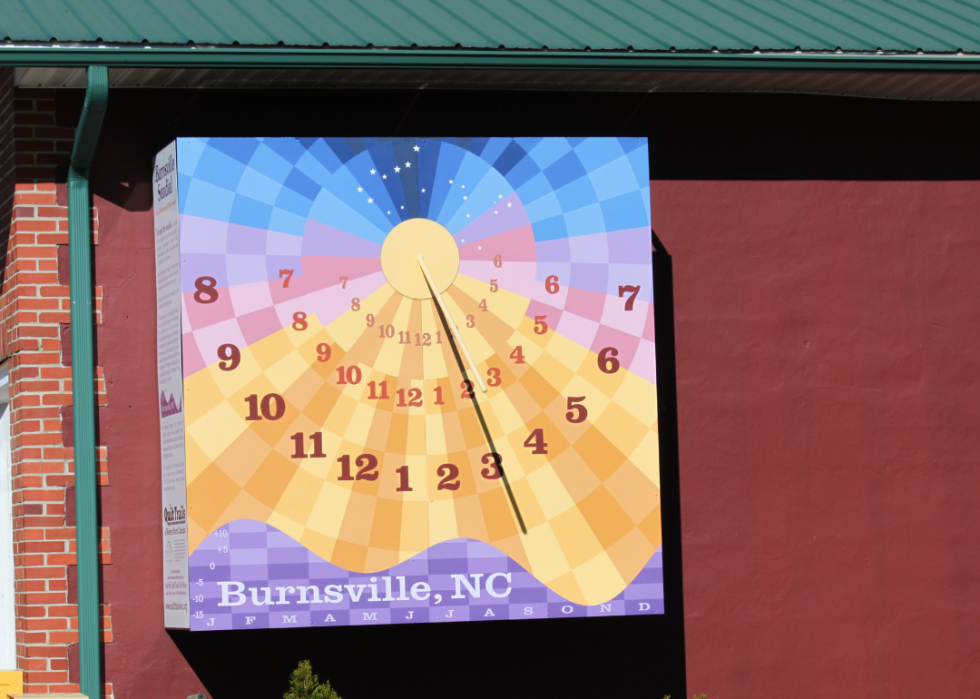
#9. Anson County
- Share of homes built prewar: 9.1%
- Total prewar homes: 761

#8. Tyrrell County
- Share of homes built prewar: 9.1%
- Total prewar homes: 129

#7. Rowan County
- Share of homes built prewar: 9.2%
- Total prewar homes: 5,117

#6. Martin County
- Share of homes built prewar: 9.2%
- Total prewar homes: 856
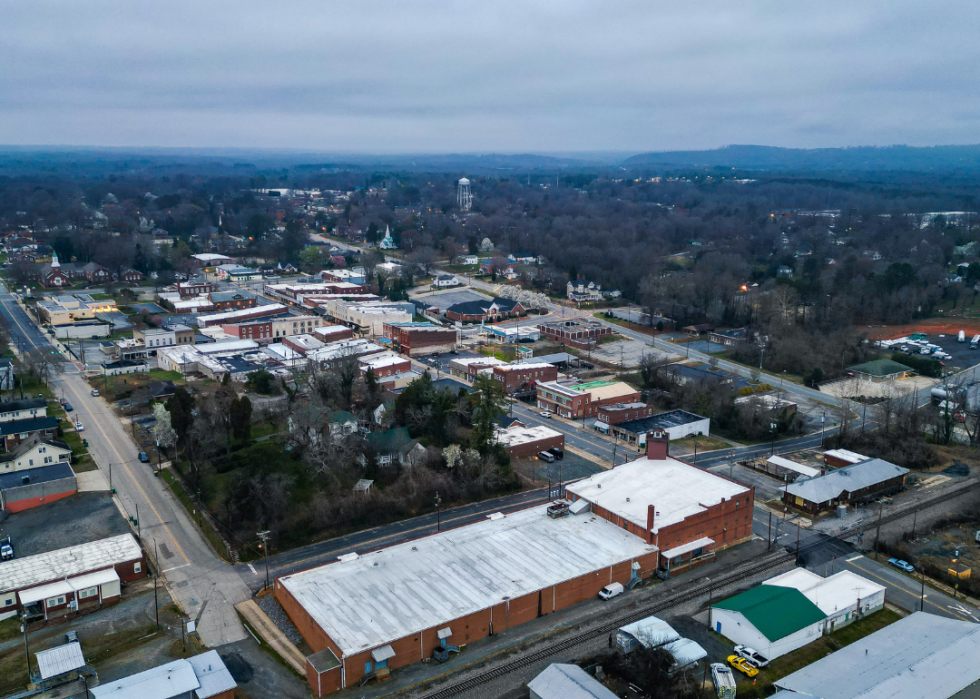
#5. Rockingham County
- Share of homes built prewar: 9.3%
- Total prewar homes: 3,531
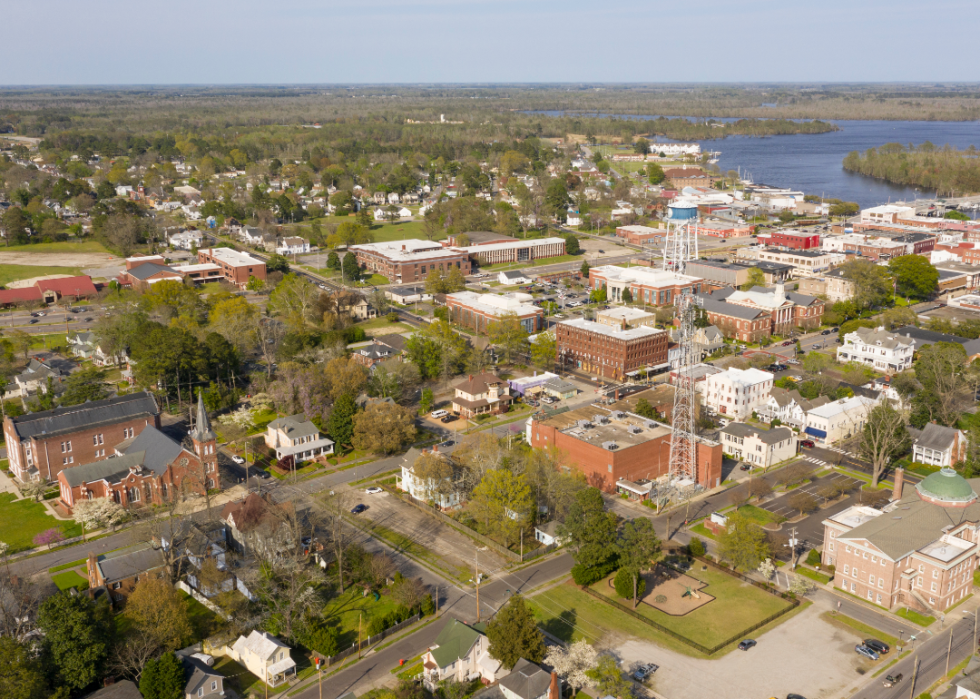
#4. Pasquotank County
- Share of homes built prewar: 9.7%
- Total prewar homes: 1,458
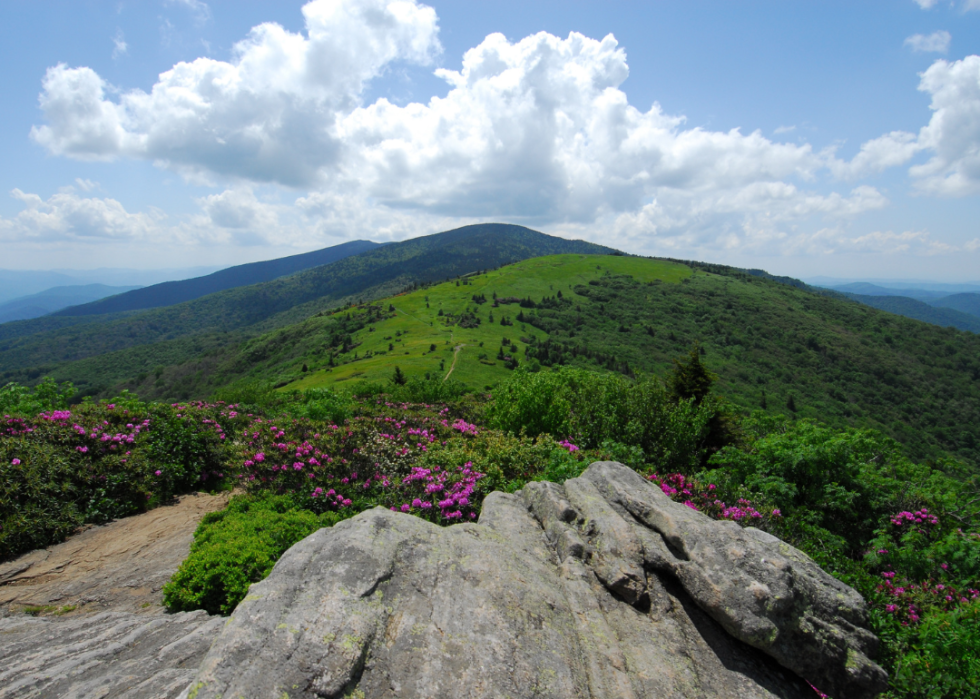
#3. Mitchell County
- Share of homes built prewar: 10.4%
- Total prewar homes: 667
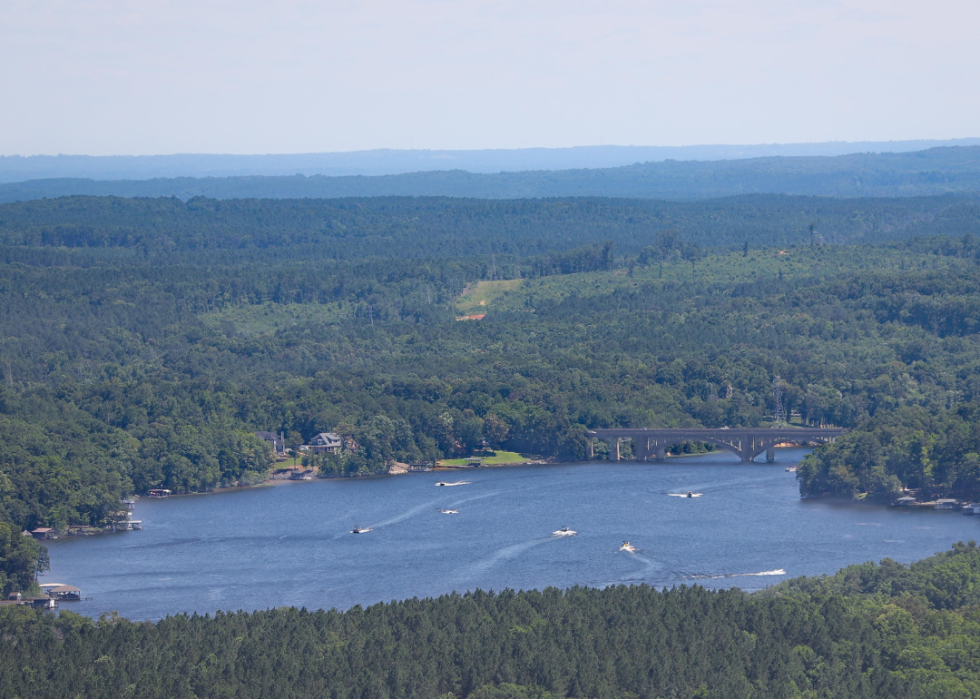
#2. Stanly County
- Share of homes built prewar: 10.4%
- Total prewar homes: 2,467

#1. Buncombe County
- Share of homes built prewar: 10.5%
- Total prewar homes: 10,827
This story features data reporting and writing by Elena Cox and is part of a series utilizing data automation across 50 states.


